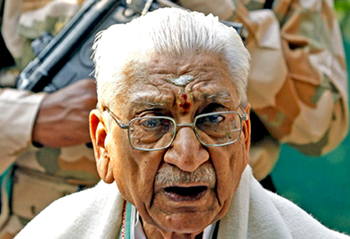coastaldigest.com news network
July 10,2020
Mangaluru, Jul 10: A 58-year-old official of the Central Industrial Security Force (CISF) has died due to the coronavirus infection, taking the death toll in the paramilitary force because of the disease to nine, officials said on Friday.
Assistant Sub Inspector K B Premsha, posted in the CISF unit that guards the Mangalore Refinery and Petrochemicals Ltd (MRPL), passed away at a local hospital on Thursday, they said.
He was admitted to the hospital on July 5 with fever. His COVID-19 test report arrived on July 7 and it was positive. Premsha breathed his last on Thursday, officials said. He was a resident of Kodagu in Karnataka.
This is the ninth COVID-19 death in the force that has recorded 1,137 cases till now, according to an official data.
Of the total cases reported in the force so far, 410 are under treatment across the country, nine have died and the rest have recovered, officials said.
They said that 20 personnel tested COVID-19 positive on Friday while 22 have recovered over the last 24 hours.
The about 1.62-lakh strong CISF is the national aviation security force guarding 63 airports at present and it is also tasked to guard vital installations in the aerospace and nuclear domain.





Comments
I quite like reading through an article that will make people
think. Also, many thanks for allowing me to comment!
Here is my webpage :: how to save your relationship: http://www.sfsc8.cn/comment/html/index.php?page=1&id=21061
Add new comment